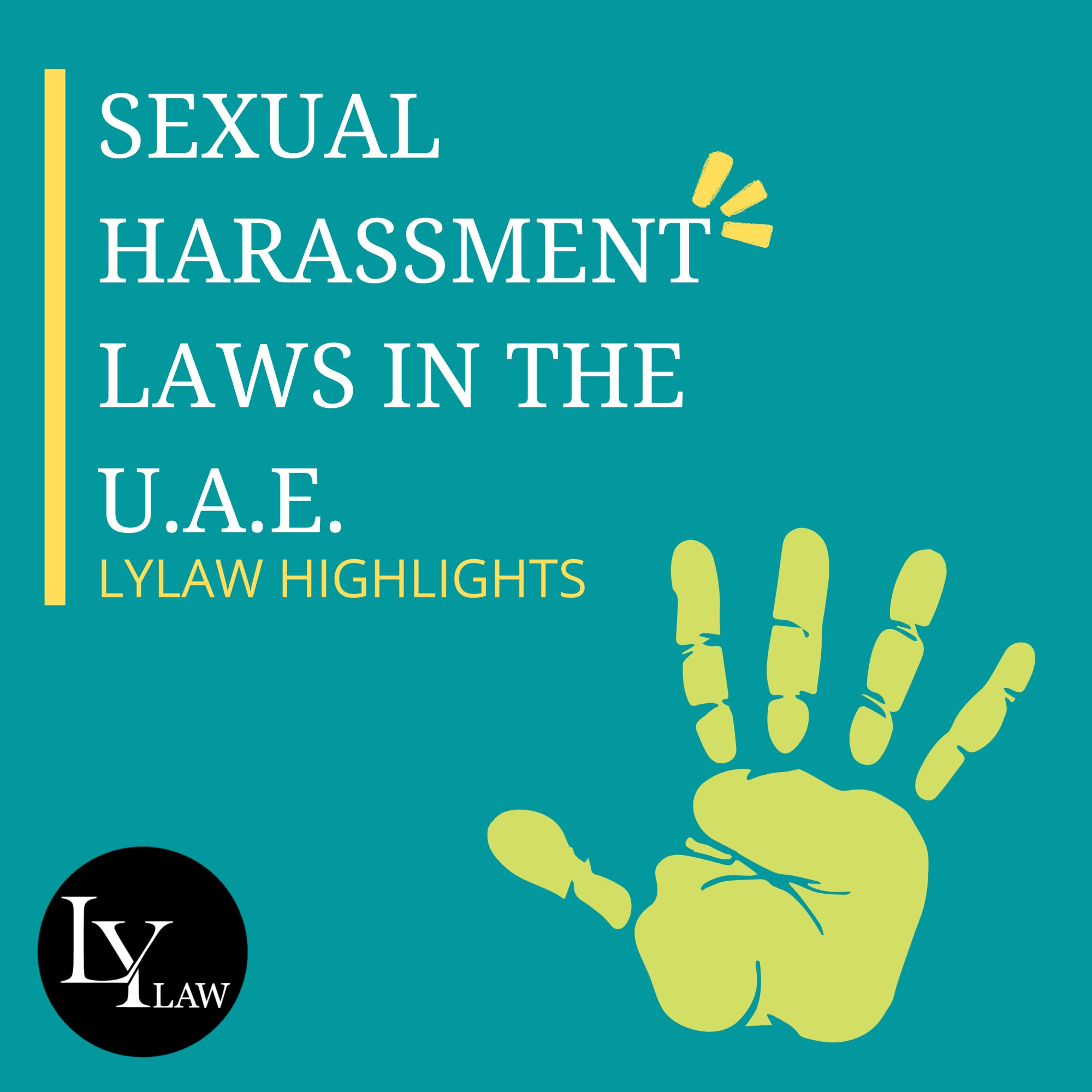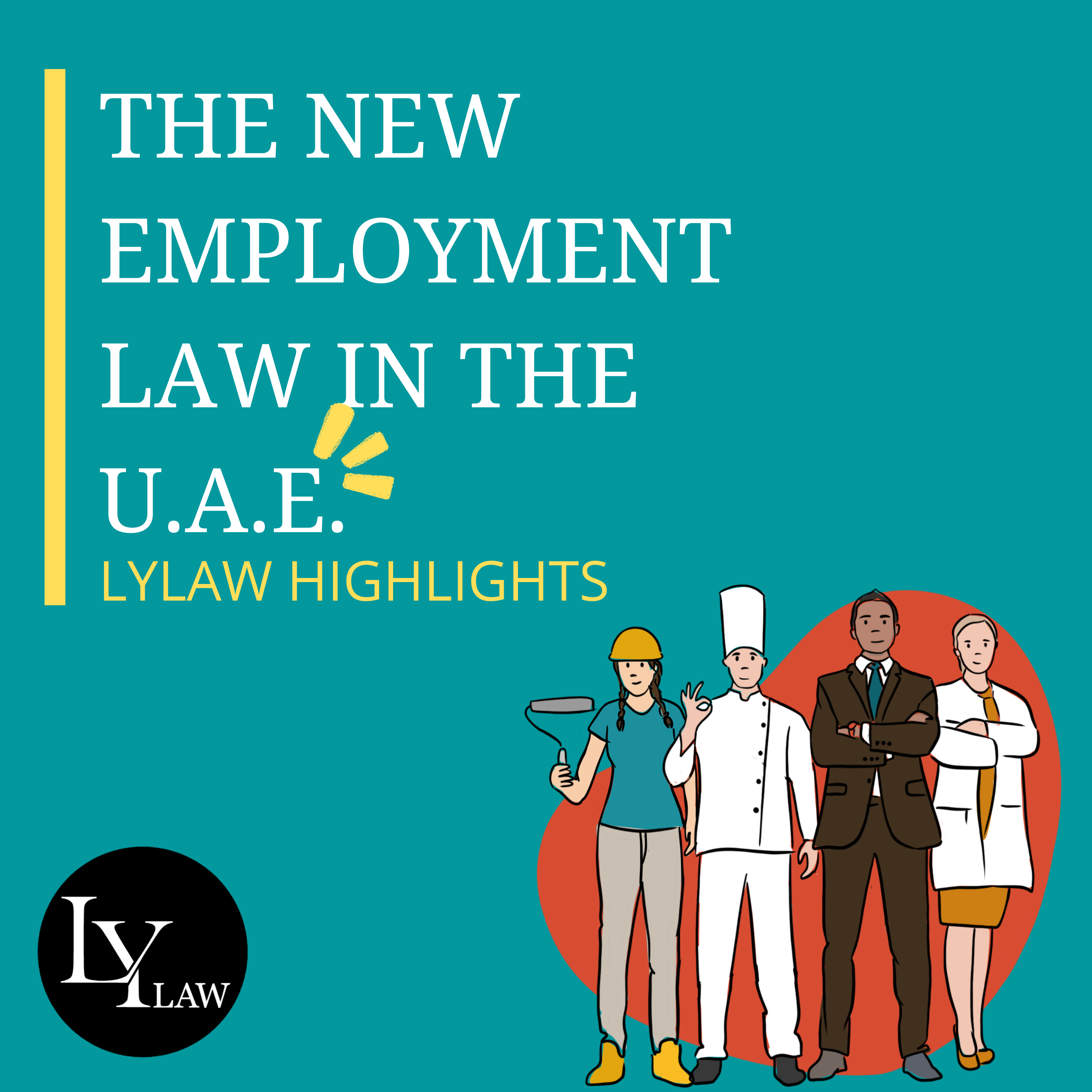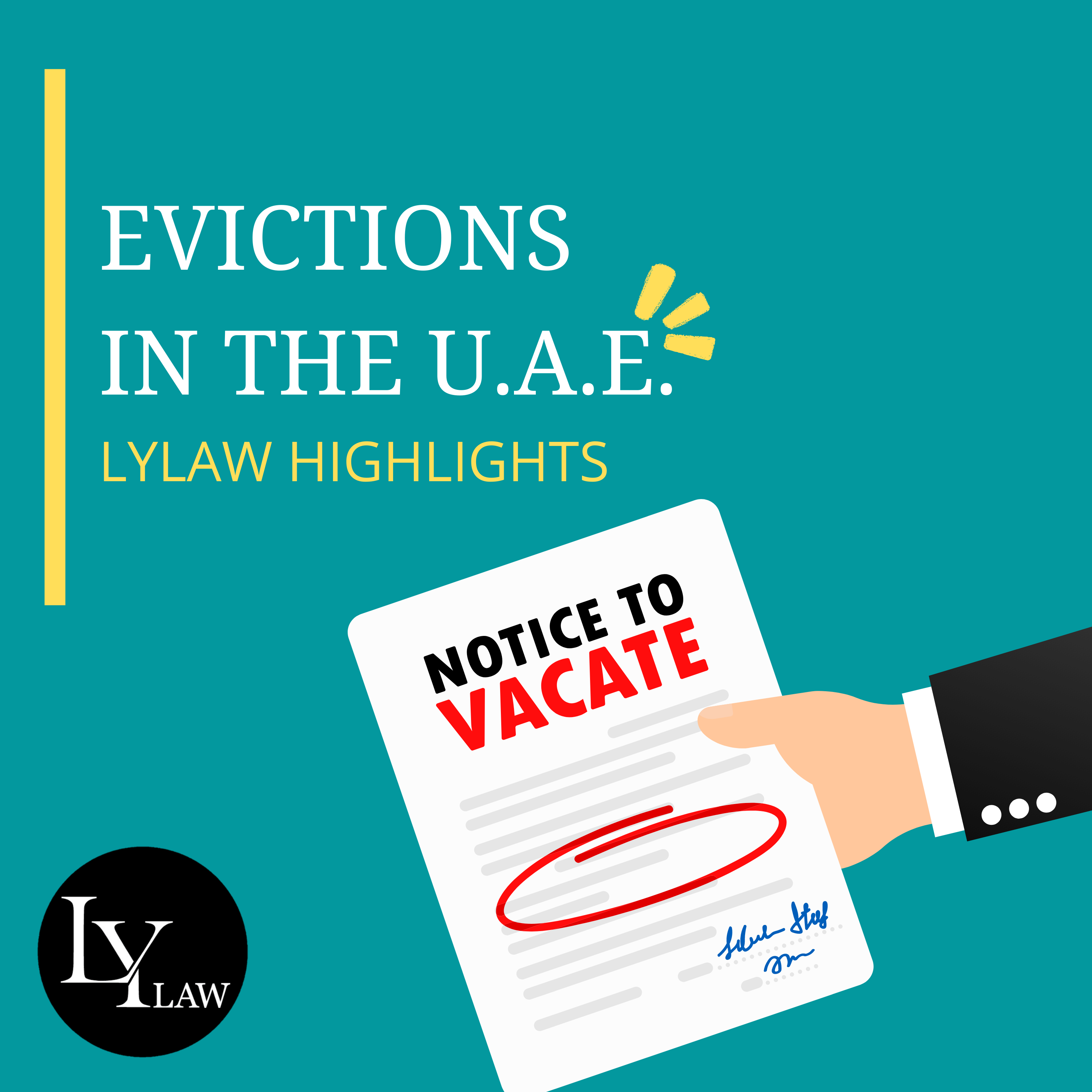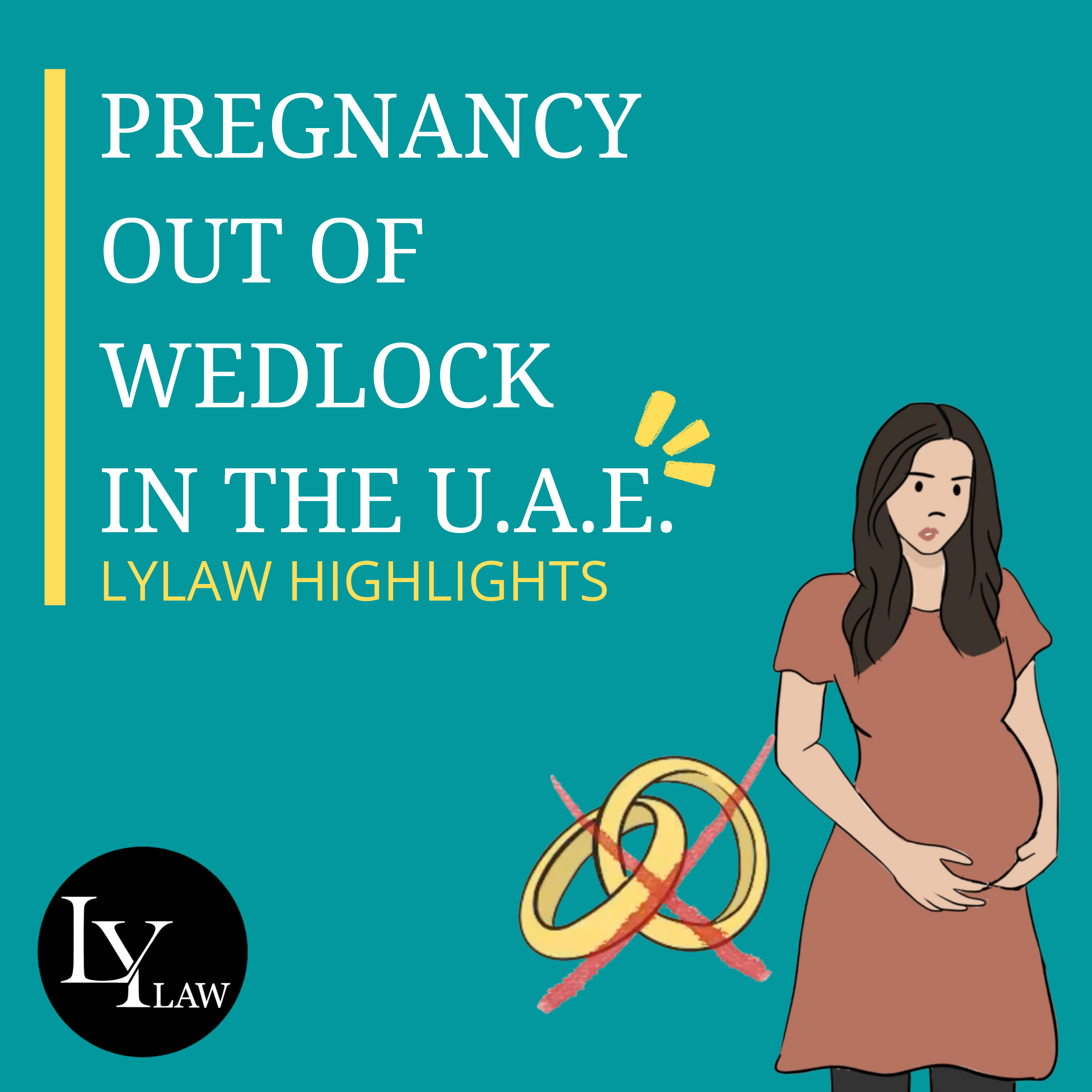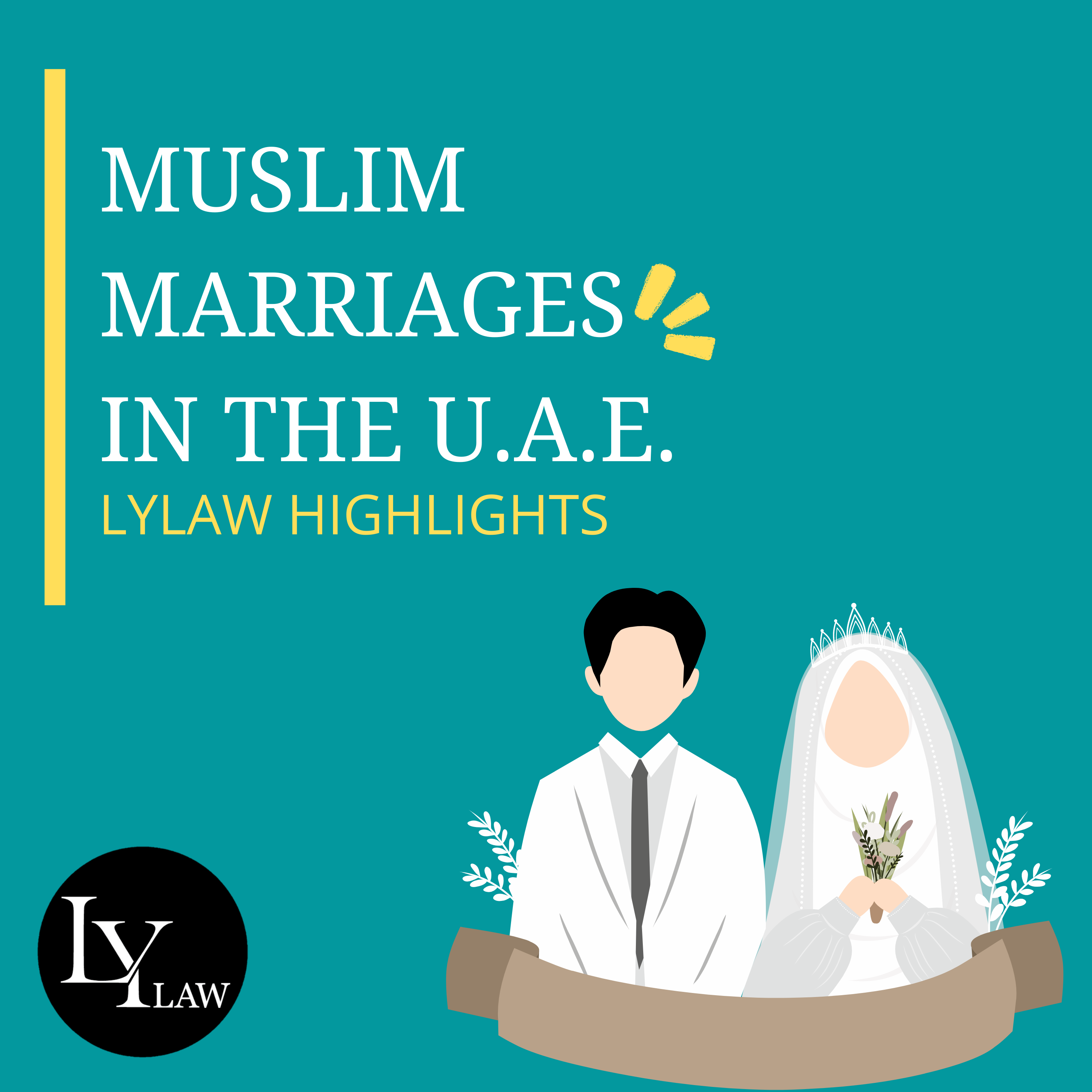Muslim marriages in the United Arab Emirates (“U.A.E.”) are available for those who are residents in the country. Notably, it is enough for one of the parties to be a U.A.E. resident.
A marriage is considered to be a Muslim marriage and, as such, subject to Shariah, if either: 1) both the bride and the groom are Muslim or 2) the groom is Muslim.
Importantly, under the Sharia, a Muslim woman cannot marry a non-Muslim man. Therefore, if a non-Muslim man wishes to marry a Muslim woman in the U.A.E., the man has to convert in order for the marriage to be valid and registered in the U.A.E.
A number of requirements exist for parties to qualify for a Muslim marriage in the U.A.E. and for that marriage to be registered in the U.A.E.
- First, both applicants must be at least 18 years old to marry, which is the legal age for marriage in the U.A.E.
- Second, each applicant must submit a pre-martial medical certificate, issued by a qualified medical institution.
- Third, there must be two (2) witnesses, preferably male witnesses.
- Fourth, the bride must be represented by her male guardian, who is, usually, her father. In certain cases, however, a judge can act as an alternative guardian, when the default guardian is not available, physically or legally.
- Also, wherever relevant, parties must present to the court previous divorce certificates or death certificate of a previous spouse.
- In some cases, additional approvals and no-objection certificates may be required.
Muslims wishing to get married in the U.A.E. must register their marriage through the U.A.E. Courts. In other words, Muslim marriages in the U.A.E. should be registered with the U.A.E. Courts to be officially recognized. This can be done in one of three (3) ways.
Religion Ceremony. The first option is, for those who wish to get married through a religiousceremony, to have their ceremony officiated by a court-authorized imam, otherwise known as the wedding officiator. The ceremony can be conducted at the venue selected by the parties, for example, at home or at a hired place. Prior to the ceremony, the parties must provide the imam with all of the relevant documents, including identification documents and medical certificates. The imam will conduct the ceremony, in the presence of the witnesses and bride’s guardian, along with his approval. After the ceremony, the imam will register the marriage with the U.A.E. Courts. The result will be a marriage certificate, issued by the U.A.E. Courts.
Court Officiation. The second option is to get married physically before the U.A.E. Courts. This is done before any public notary, all of whom fall under umbrella of the U.A.E. Courts. The parties, along with their witnesses and guardian, must visit one of the notary offices, without the need of an appointment. They should have with them the relevant identification documents, as well as the medical certificate. They will also need to fill out some additional documents before the notary. Provided that all of the requirements are met, the resulting document will be a marriage certificate issued at the same time, notarized and registered with the U.A.E. authorities.
Online Application. The third option for Muslims to get married in the U.A.E. is to do so online. These days, courts in most emirates offer an online option to apply for a Muslim marriage. A number of government apps and court websites exist, through which applicants can apply for a Muslim marriage. In fact, most courts encourage applicants to, at the very least, start the marriage application online. As in other cases, the same marriage requirements apply for the online option, such as identification documents, medical certificate, guardian and witnesses. The Courts also hold hearings online, during which the parties, witnesses and guardian appear. Importantly, all parties must be in the U.A.E. at the time of this online court appearance. Provided that all requirements have been met, a marriage certificate will be issued shortly after the online appearance.
Noteworthy, purely religious Muslim marriages, those which take place at a mosque or before a regular imam, do not result in an official government marriage certificate. As such, they are not recognized in most countries.
For more detailed information with regards to this topic, listen to our free legal podcast, Lawgical with LYLAW.



